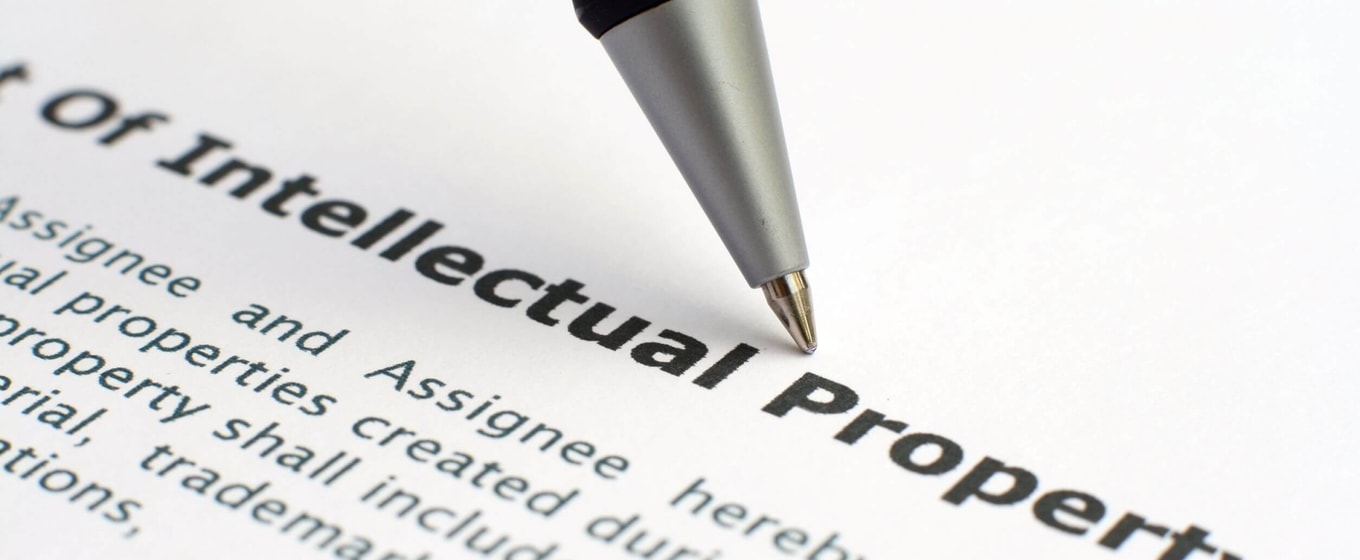Did you know that there’s whole new world of copyright evolving with the technological age? We may all know the classic copyrights in regards to literary, drama, music or art works, but a separate set of rights exist to protect the work of entrepreneurs in the same way.
Also located in the Copyright, Design and Patent Act 1988 these entrepreneurialrights differ from the above ‘big four’, and offer protection to people who take the time to invest in creativity - producers, editors, broadcasters and publishers, for instance.
Entrepreneurial rights have no general requirement for originality or minimal effort and don’t offer the same moral rights protection typically linked to their LDMA cousins. Film rights are the exception, but be aware that only the director is awarded the moral right relating to the material.
Categories of Entrepreneurial Copyright
These entrepreneurial rights have a complex, long-winded definition and legal framework. But broadly speaking, they fall into the following categories:
Sound recordings
Sound recordings are classified as any recording in part or whole, or a piece of work from which recordings, or the work in whole or part, may be reproduced. It is key to note that this must be an original recording, not a copy of a previously recorded item.
The rights are owned by the producer of the work, but the rights for an original musical score, song lyrics, etc, vest with the individual authors.
The protection of this right has a definite end point and can’t be protected indefinitely. Your monopoly will cease 50 years after the recording was made or released – whichever is the latter.
Broadcasts
Broadcast rights are formed over any electronic transmission of visual images, sounds or other information on terrestrial or satellite television for viewing or presentation to the public. This complex legal definition simply means that the right is applies to any transmitted programme, and includes the internet. Ownership of this right belongs to the broadcaster.
Once again, this right only last 50 years from the date of the first broadcast. Even if the same material is broadcast numerous times, protection won’t be renewed.
Published editions
This encompasses the rights of the person who created the typological arrangement of a published edition, which must include the part or whole of one or more of literacy, dramatic or musical works. Therefore, a publishing agency creates and owns published editions rights, whilst the author retains the literary rights.
This right only lasts for 25 years from the date of first publication.
Film
An entrepreneurial film right arises when a moving image is recorded in any medium. It’s vital to understand that any soundtrack that accompanies the film is considered as protected under the film’s copyright, unless it’s released in its own right.
Film rights reside with the producer and the principal director. These are the only entrepreneurial rights that follow their LMDA cousins; they award the right for the lifetime or 70 years to the last to die of the principal director, author of the screenplay or dialogue, or composer of music, specially written for the film.
Where it Gets Complicated
These rights at time can create a complex ownership structure with LMDA rights interwoven into their framework. Initially the ownership of these rights rest with the 'Creator'. However the identity of this person can be hard to find, for example where works are commissioned the right will not lie with the true author but the paying commissioner.
These rights can also overlap each other, for example where a programme is broadcast on the rights lie with two groups. Firstly, with the person who created the programme, its director, and secondly, they lie with the broadcasting agency. This therefore can create a situation where entrepreneurial are jointly owned.
Commercial Exploitation
Entrepreneurial rights like the LMDA cousins are a profitable business and potentially will raise much larger revenue stream. These rights tend to arise in an extremely lucrative field and can be sold and bought for extremely high sums.
These rights also open a door for those who hold LMDA rights. Say you are a script writer, you can sell your script to Production Company for a sum, but you retain the right to direct the piece. You therefore not only generate revenue from your LMDA right but also form your newly acquired film right as the director. Your film right will open a revenue stream created by the showing of the film in cinemas, television and translation onto DVD. In turn this revenue stream produces new entrepreneurial rights.
Whilst these rights create their own standalone set of protection for their creator they are also interwoven with LMDA rights and the entrepreneurial rights of fellow collaborators. Therefore if you feel you have created or own one of these rights it is key to assess who else may be affected and if necessary seek legal advice.






These cookies are set by a range of social media services that we have added to the site to enable you to share our content with your friends and networks. They are capable of tracking your browser across other sites and building up a profile of your interests. This may impact the content and messages you see on other websites you visit.
If you do not allow these cookies you may not be able to use or see these sharing tools.